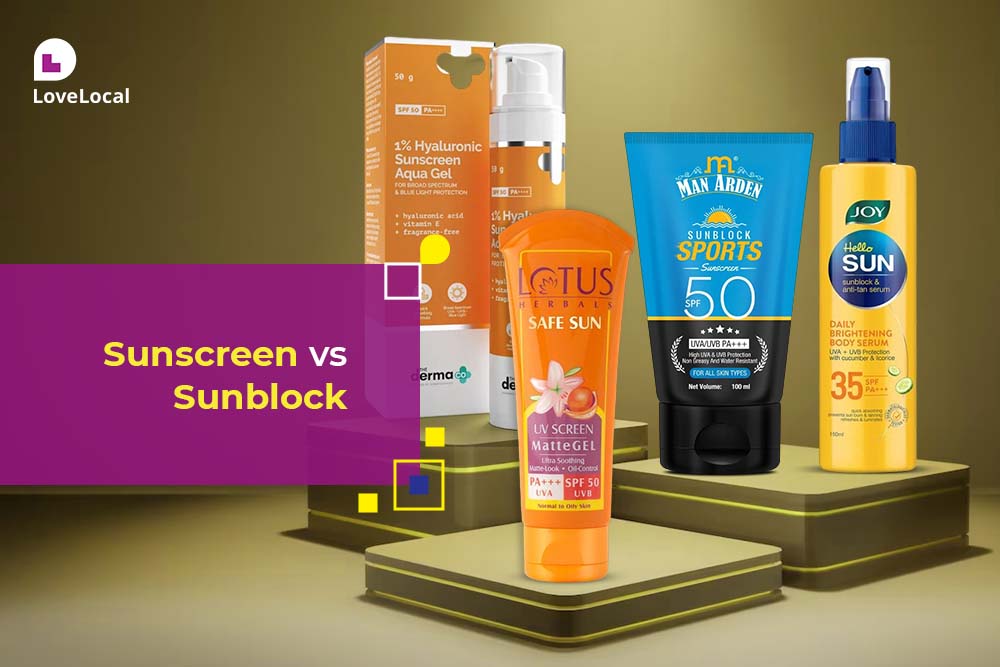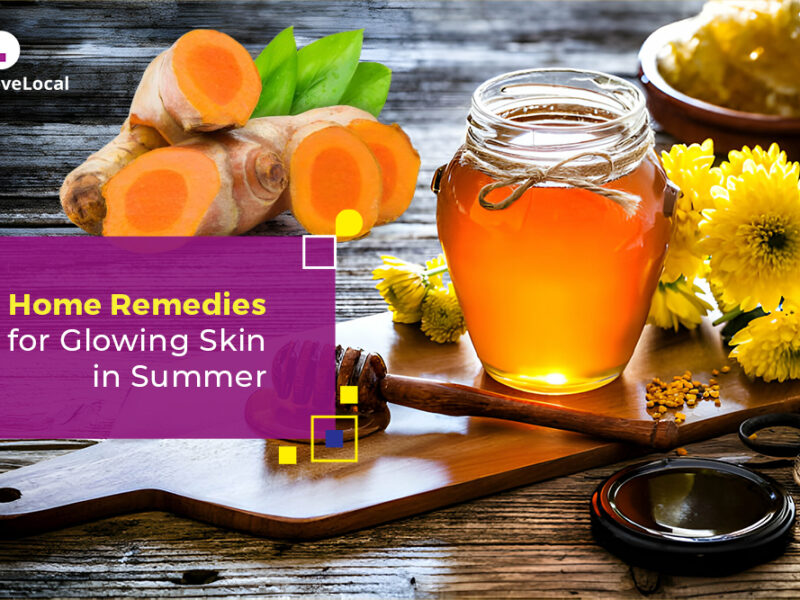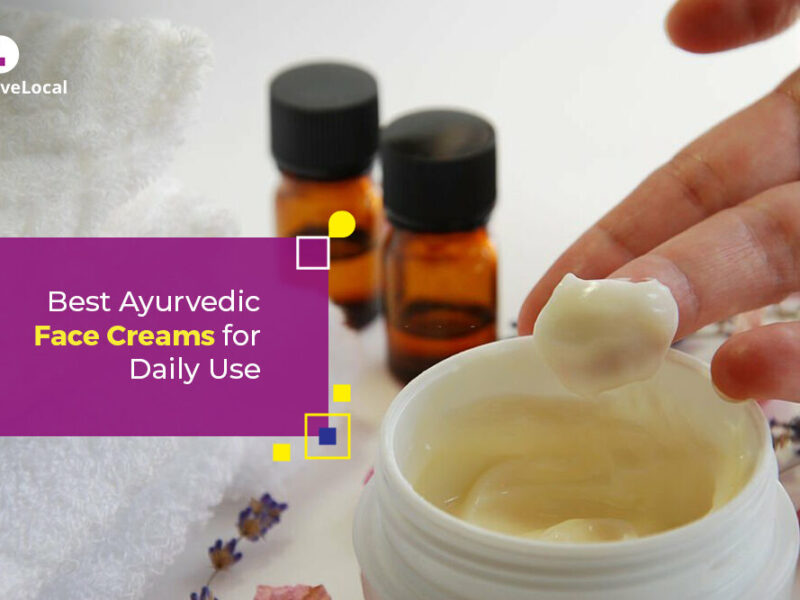If you only bring one item to the beach, it must be sun protection. However, when you go to the drugstore to restock and begin reading product labels, you’ll notice that there are two kinds: sunscreen and sunblock. What’s the difference between these sunscreen vs sunblock, and which is preferable? Sunscreen and sunblock are two kinds of sun protection that function differently. Sunscreen filters ultraviolet (UV) rays from the sun, whereas sunblock tends to reflect the sun’s rays away from your skin. Both types of sunscreen are effective at preventing sunburn and wrinkles. This article explains why sunscreen and sunblock is not the same thing. It provides information to help you decide which one is best for you.
- What is Sunscreen?
The most familiar example of sun protection is sunscreen. It acts as a filter or screens UV rays from the sun. It keeps the majority of rays out but allows some in. It is also recognized as a chemical sunscreen. It uses a chemical process to absorb UV light and transform it into heat, which is then released from the skin. It includes organic chemical substances such as octyl methoxycinnamate, octyl salicylate, and ecamsule.
- What is Sunblock?
Sunblock deflects the sun’s rays, preventing them from penetrating the skin. It could be called as a physical sunscreen. Mineral ingredients such as titanium dioxide or zinc oxide physically block UV rays.
- Sunscreen vs. Sunblock – All the Major Differences
Although they sound almost similar, sunscreen and sunblocks have some basic differences. Such as –
- The main distinction between sunscreen and sunblock is how they safeguard the skin from UV rays. Sunblock gets its name from the fact that it actually blocks UV rays by formulating a physical shield, whereas sunscreen contains elements that soak up UV rays before your skin does.
- Sunscreen and sunblock are also applied in different ways. Sunscreen must be rubbed in because it only works when it is absorbed by the skin. However, because sunblock behaves as a physical barrier, you can easily slather it on. However, you must apply sunblock evenly because UV light can reach any exposed part of the skin, no regardless of how small. Sunblock usually leaves a white cast on the skin because it isn’t rubbed in, whereas sunscreen disappears completely.
- Sunscreens are generally designed to safeguard against UVA rays, which cause skin damage. Sunblocks, on the other hand, are designed to protect against UVB rays, which cause sunburn. However, many sunscreens and sunblocks check boxes, preventing wrinkles and sunburn.
The above differences between sunscreen and sunblocks can help to identify your need and choose your products accordingly.
- Method of Choosing the Correct Sun Protection
Sunscreen and sunblock are both outstanding forms of sun protection. The American Academy of Dermatology (AAD) does not recommend one over the other. Just make sure to pick one that provides:
- Broad-spectrum protection (defend against UVA and UVB rays)
- SPF 30 or higher
- Water resistance
Broad spectrum sunblocks and sunscreens help to prevent tanning, premature aging, and sunburn.
Always use proper sun protection. Sunscreen or sunblock will only safeguard your skin when used correctly. A study of 101 women in Brazil, where UV exposure is high, looked at the quantities of SPF 30 to SPF 45 sunscreen they applied to their faces. Depending on how the products were applied, the researchers determined how much UV ray coverage the women had. The women did not receive the protection that the sunscreens were supposed to provide because they were not applied correctly.
- Different Types of Sunscreen Uses
Sunscreen has more benefits than just safeguarding your skin from the sun’s rays. Summer means it’s the perfect time for sunscreen lotion. The fact is that we should wear sunscreen every single day of the year. Whether it is summer or winter, you must keep your skin safe from sun exposure. Some other uses of sunscreen are –
- It Prevents Premature Aging – We all want younger-looking, radiant, and glowing skin. One of the most compelling motives to begin using sunscreen is this. It protects your skin from aging signs like wrinkles and fine lines, as well as sunspots, hyperpigmentation, photodamage, and dry skin. According to studies, people under the age of 55 who used sunscreen had a 24% lower risk of developing these aging signs than non-sunscreen and occasional sunscreen users.
- Minimizes Skin Cancer Risk – While people began using sunscreen primarily for cosmetic purposes, this health benefit is an added bonus. Use sunscreen every day and for quite a few months to guard your skin from several types of skin cancer. This is the most risky type of skin cancer, and it can be lethal for women as they age. It is one of the most important uses of sunscreen lotion.
- Prevents Tanning – Tan is fine for you. However, you should be aware that while tanning in the sun, you are at danger of being harmed by the harsh UVB rays. To avoid tanning caused by UVB, use a sunscreen with a least sun protection factor of 30. Reapply sunscreen every two hours, more often if you have susceptible skin. Alternatively, apply it immediately after your workout, as sweat may help remove the protective coating.
- Is Sunscreen or Sunblock the Better Shield?
According to Dr. Psomadakis, both forms of sun protection have advantages and disadvantages. She advises people with sensitive skin or skin issues to wear sunblock because some of the substances in chemical sunscreen can irritate the skin or cause an allergic reaction. However, the best sun protection product is one that you enjoy using and that meets your needs. Every sunscreen and sunblock has an SPF (Sun Protection Factor). The American Academy of Dermatology recommends wearing sunscreen with an SPF of at least 30, which prevents 97% of UVB rays. But keep in mind that, while higher SPF numbers prevent a little more of the sun’s UVB rays, no sunscreen can completely block them.
Conclusion
Sunscreen and sunblock both provide sun protection. They rely on various chemicals to accomplish this and do not appear the same when applied. You can use any effective product unless you are allergic to a specific ingredient. Check the labels to ensure that the products are “broad spectrum,” have an SPF of at least 30, and are water-resistant. Remember that sunscreen isn’t just for your skin, and specialists suggest wearing it all year, not just when the sun is shining. Shop at LoveLocal to support local retailers!



